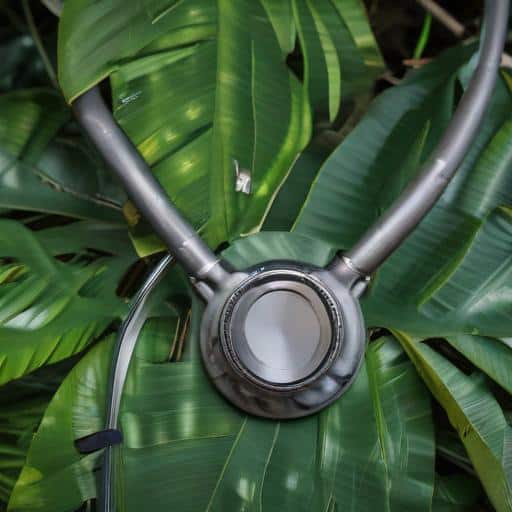The recent heavy rainfall and flooding in Fiji have resulted in a troubling surge in cases of Dengue Fever and Leptospirosis across the nation. From January to March 23, authorities reported 5,128 Dengue Fever cases nationwide, with the Western Division continuing to be the most affected area, recording 2,841 laboratory-confirmed incidents since the outbreak was officially declared on February 3.
The Central Division followed with 1,090 cases, and the Northern Division reported 1,095 cases. The Eastern Division had a significantly lower count, with only 102 confirmed cases. Meanwhile, Leptospirosis is also on the rise, with a total of 818 cases reported—307 in the Central Division, 228 in the Northern Division, 252 in the Western Division, and 31 in the Eastern Division.
In addition to these concerning statistics, 31 laboratory-confirmed cases of Typhoid have been noted across the divisions. The Western Division accounted for 16 of these cases, indicating a potential public health crisis due to the combination of waterborne diseases and challenges posed by recent weather events.
The Ministry of Health has responded with a series of interventions, including house-to-house surveillance, larval sampling, and the application of larvicides to combat mosquito populations. To further enhance public safety, health teams are organizing clean-up campaigns to remove potential mosquito breeding sites. Additionally, they are conducting educational programs to inform the public about preventative measures against Dengue Fever.
Health inspectors are actively monitoring properties for mosquito breeding conditions, with authority to issue notices and fines under the Public Health Act for non-compliance. This initiative signifies a community-focused effort engaging all divisions to combat the spread of mosquito-borne diseases effectively.
Despite the ongoing challenges presented by these outbreaks, the concerted efforts of the health officials and community participation may foster hope for controlling the situation. By adhering to health guidelines and participating in community initiatives, residents can play a crucial role in minimizing the hazards of these public health threats during this difficult time.

Leave a comment